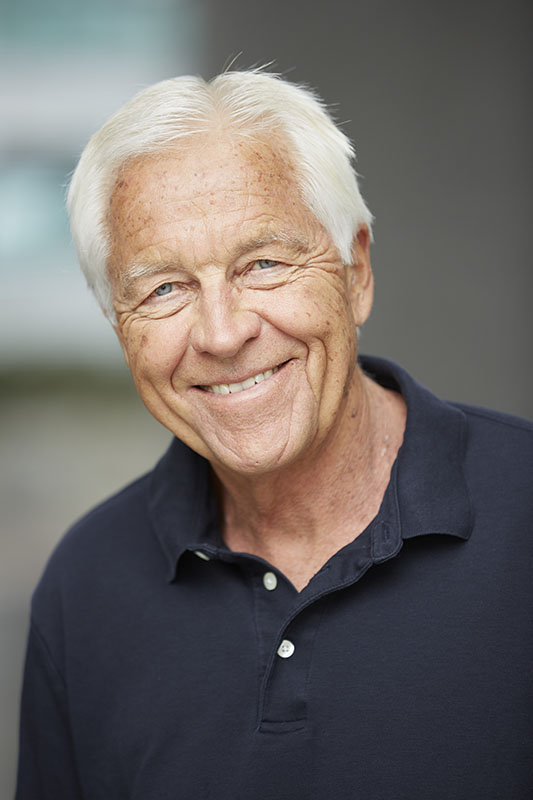Introducing John D. Anderson
Introduction
PCRI is proud to welcome John Anderson to our Board of Directors. His experience will be invaluable to our leadership team as he helps to advance our mission.
John Anderson is a retired business executive and prostate cancer survivor. He graduated from Miami University in 1967, served as an officer in the U.S. Air Force during the Vietnam era, and earned a Master’s Degree in Business Administration from the University of Southern California in 1974. He served in various finance and banking positions in the Los Angeles and San Francisco areas before settling into a career in the multi-family housing business where he was Senior Vice President of Asset Management at Everest Properties in Pasadena, California. He retired from that position at the end of 2014.
He was diagnosed with high-risk prostate cancer in June of 2004. There was relatively little information available at the time regarding prostate cancer treatment options. After extensive research and travel to prostate cancer treatment specialists he found his way to an oncologist. He began a two-year treatment cycle of hormone blockade, radiation and chemotherapy that has resulted in no surgery and a low and stable PSA.
Thoughts from Mr. Anderson
When I was diagnosed with high-risk prostate cancer I immediately commenced the big research project to learn about my disease. Prostate cancer had taken my father’s life in 1974 when information was nearly non-existent and treatments were primitive by comparison to today’s protocols. Even in 2004, when I was diagnosed, it took some digging to understand my disease. The internet was just beginning to take off and relatively little information was online at the time. Over a few months I was able to compile a framework of understanding through information found online, books about the disease, and online chat rooms that offered support.
I spent several months going through this process, interviewing skilled medical professionals who treated prostate cancer. By the time I was done I well understood the risks and side effects of the various treatment protocols of the day. Our oncologist suggested a combination of non-invasive modern therapies that made sense to me. I began a two-year treatment plan with my oncologist that has resulted in a low, stable PSA with little in the way of side effects, and a very high quality of life. Fourteen years after my initial diagnosis, at age 70, I still ski, bike, travel, and enjoy a wonderful family life.
The PCRI is now providing patients with the type and quality of information that I wish I could have found when I was newly diagnosed. Men and their loved ones need to understand that there are multiple treatment options and that there are serious side effect risks from invasive procedures. In joining the Board, my goal is to help PCRI expand its education and patient empowerment in prostate cancer so that patients around the world can find, modern, current information on state-of-the-art advanced diagnostic tools and treatment options in one place.

